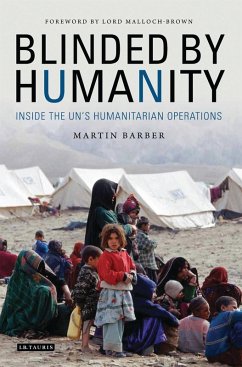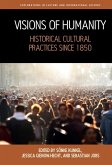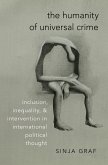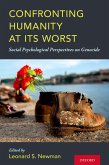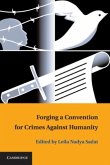How to respond effectively to humanitarian crises is one of the most pressing and seemingly intractable problems facing the United Nations. Martin Barber, for many years a senior UN official and with decades of humanitarian experience, here argues that the explanation for UN 'failures' or only partial successes lies not with any lack of idealism or good intentions but with the constraints placed on aid workers by ill-considered policies and poor practical application - officials are 'blinded by humanity'. Barber presents an inside story based on personal/hands-on/practical experience in Laos, Thailand, Afghanistan, Bosnia-Herzegovina and, finally, in Abu Dhabi where he advised the UAE government on its aid programme. He tells of internal struggles at head office and the challenges of working in the field. All the major UN activities - and headaches - are here, including refugee work, coordinating humanitarian aid, peacekeeping, the huge problem of 'de-mining', and the complex internal workings of the UN Secretariat.
A personal narrative and lessons drawn from direct experience provide the frame for an examination of major questions concerning the future of humanitarian response - how effectively have international institutions discharged their responsibilities towards people affected by conflict? Specifically, how did the UN perform? And how might the UN better help such people in the 21st century? Barber analyses recent policy developments intended to improve the quality and effectiveness of the UN's work in humanitarian fields, and assesses the extent to which recent reforms are likely to make the UN a more effective partner for countries emerging from conflict. In the final chapter he highlights seven 'blind spots' whose significance has been consistently ignored or overlooked, and in each case suggests a radical new approach. Based on decades of personal experience and 'insider access', this will be essential reading for students of international relations and politics as well as for all those directly or indirectly involved with humanitarian issues.
A personal narrative and lessons drawn from direct experience provide the frame for an examination of major questions concerning the future of humanitarian response - how effectively have international institutions discharged their responsibilities towards people affected by conflict? Specifically, how did the UN perform? And how might the UN better help such people in the 21st century? Barber analyses recent policy developments intended to improve the quality and effectiveness of the UN's work in humanitarian fields, and assesses the extent to which recent reforms are likely to make the UN a more effective partner for countries emerging from conflict. In the final chapter he highlights seven 'blind spots' whose significance has been consistently ignored or overlooked, and in each case suggests a radical new approach. Based on decades of personal experience and 'insider access', this will be essential reading for students of international relations and politics as well as for all those directly or indirectly involved with humanitarian issues.
Dieser Download kann aus rechtlichen Gründen nur mit Rechnungsadresse in A, B, BG, CY, CZ, D, DK, EW, E, FIN, F, GR, HR, H, IRL, I, LT, L, LR, M, NL, PL, P, R, S, SLO, SK ausgeliefert werden.

